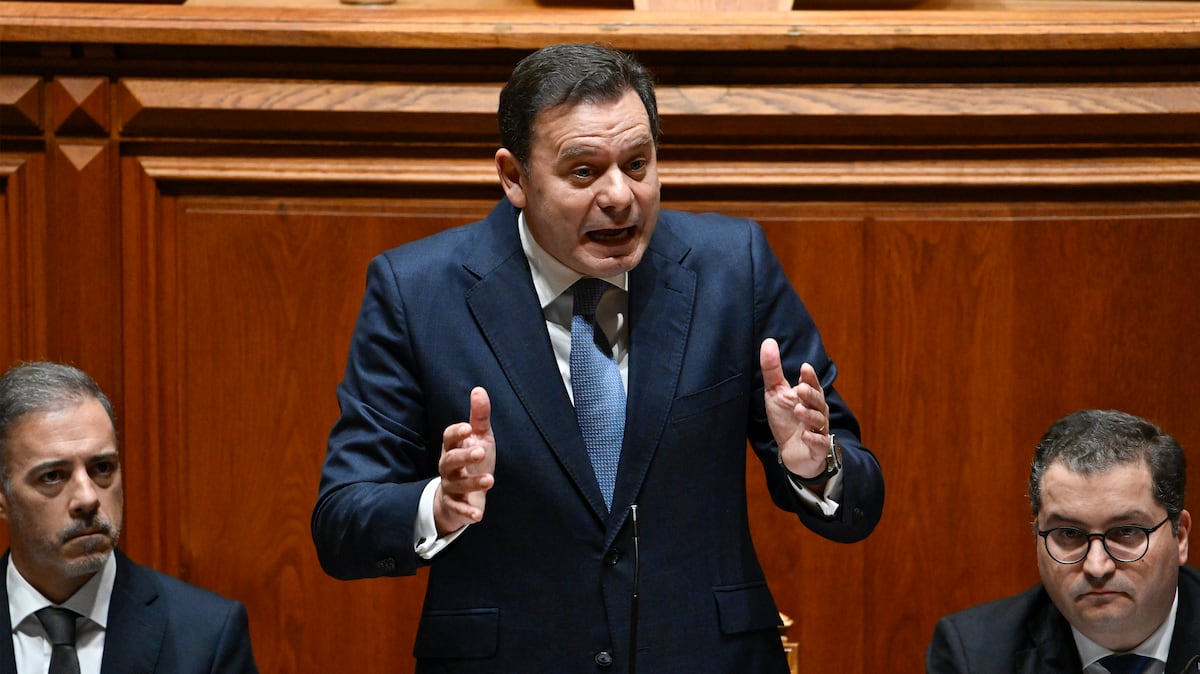The Portuguese socialists were faithful to their commitment and abstained this Thursday afternoon in the vote on the State Budget for 2025 presented by the center-right Government, led by Luís Montenegro. They were the first accounts prepared after the political change in the spring, when Montenegro narrowly won the elections, and did not receive votes in favor of any group, neither from the left nor from the right. The Executive was unable to agree with any party to support its project, but agreed to incorporate some changes demanded by the Socialist Party in order to abstain.
The project, which went ahead with 80 votes in favor, 78 abstentions and 72 votes against, will now undergo modifications in the processing in the sectoral commissions, although the prime minister has expressed confidence that there will be no major changes and that the opposition will act. “with democratic maturity and a sense of responsibility.”
The budgets include the reduction of corporate tax from 21% to 20% and a substantial reform of personal income tax for those under 35 years of age, but it is not the project that Luís Montenegro wanted, forced to make concessions to the opposition given his parliamentary fragility. In the first debate session, he distanced himself from his predecessor, the socialist António Costa, by pointing out that “there is life beyond the budget surplus.” Costa distinguished himself during his mandates by exercising tight control of the accounts to reduce the debt and the deficit. His adversaries reproached him for sacrificing public services in exchange for cleaning up the accounts and Montenegro recalled this again in the Assembly of the Republic: “What good have the you count certain [cuentas saneadas] if the State grew fat and public services weakened?” Since coming to power, he has made numerous salary concessions to groups of public employees, who staged large mobilizations during Costa’s term.
Pedro Nuno Santos, leader of the Socialist Party, attacked the economic scenario drawn by the government coalition and vindicated the management of his party, recalling that in 2015 he inherited “a hopeless country, with cut salaries and pensions and 12% unemployment. The country now has no comparison with that of 2015.” After acknowledging that they did not solve all the problems, he reproached the new Government for its lack of “competence” and “solutions” for the country. He also announced that in the processing in commissions they will demand a housing fund of 500 million euros and an extraordinary increase in pensions. The socialist abstention, which has made it possible to avoid a political crisis and the probable calling of new elections, was censured on the right and left.
The president of the far-right Chega, André Ventura, who has just been denounced in court for having praised the police officer who last Monday the 21st killed Cape Verdean Odair Moniz, whom he called a “criminal,” assured that the Government party has formed “ a central bloc” with the socialists and claimed for himself the title of leader of the opposition. His position regarding the budgets has been erratic, but he put Montenegro in trouble a few weeks ago when he revealed that they had held five meetings to negotiate their support and that only one had been made public.






